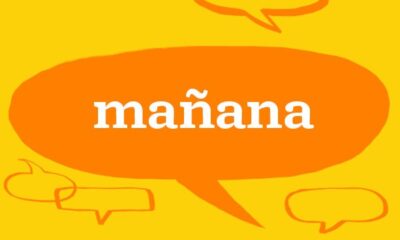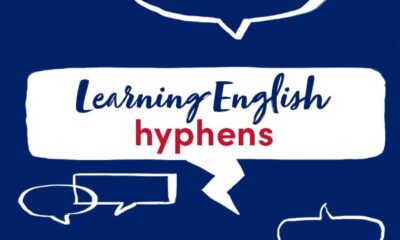If you’re looking to expand your French vocabulary, you’ve come to the right place. Welcome to our word of the week blog, where today we’re looking at the related words jour and journée.
To listen to each pronunciation, listen to the audio clips below:
function playAudio(url) { new Audio(url).play(); }You might be wondering why we’re looking at two words in one blog. These two French nouns both mean the same thing, albeit in different contexts.
When we translate them into English, jour and journée both mean day. If you know a little bit about French nouns, you might be aware that they can be either masculine or feminine. We call this the noun gender. In this case:
- un/le jour day (masculine)
- une/la journée day (feminine)
But why would we need two versions of words with same meaning? Let’s start with some examples of each before we go on to compare the usage.
Using jour:
Dans trois jours, je serai en Irlande. In three days, I will be in Ireland.
Mes parents ont pris la soupe du jour. My parents got the soup of the day.
Maxine ne va pas à l’usine, c’est son jour de repos. Maxine isn’t going to the factory, it’s her day off.
au lever du jour at daybreak
ce jour-là on that day; that day
en plein jour in broad daylight; in the middle of the day
le jour de l’An New Year’s Day
Using journée:
Le magasin est ouvert toute la journée. The shop is open all day long.
Bonne journée ! Have a nice day!
dans la journée during the day; in the daytime
Son chien reste dehors pendant la journée. Their dog stays outside during the day.
Le 20 novembre, c’est la journée nationale de l’enfance. National Children’s Day is November 20th.
Est-ce que vous passerez la journée à Lyon ? Are you spending the day in Lyon?
Understanding the subtle difference between when to use jour and when to use journée can be tricky at first. The best way of understanding the distinction is to remember that:
- Jour refers to a specific point in time, and is used as a unit of time when counting days.
Je travaille tous les trois jours. I work every three days.
Je travaillais ce jour-là. I was working on that day.
- Journée refers to the duration of a period of time, and is used with ordinal numbers.
Je travaille toute la journée. I’m working all day.
C’est la troisième journée que je travaille. It’s the third day that I’m working.
That’s some more French vocabulary under your belt. With quite a lot to learn and understand about these two words, you might want to call it a day for now. But we’ll see you again next week!
Written by Holly Tarbet, freelance copywriter and editor.
All opinions expressed on this blog are those of the individual writers, and do not necessarily reflect the opinions or policies of Collins, or its parent company, HarperCollins.



